
Industry leaders insist they will maintain high standards for clinical trials and regulatory submissions for new vaccines and therapeutics to combat COVID-19.

Industry leaders insist they will maintain high standards for clinical trials and regulatory submissions for new vaccines and therapeutics to combat COVID-19.

The companies have entered into a strategic partnership for the CMC development and manufacturing of Ansun’s biologics pipeline.

The agency sent a warning letter after an inspection of the company’s Sangareddy District, India found inadequate cleaning procedures.

The increased use of single-use bags in biologic manufacturing poses the risk of pinholes and other defects that cannot currently be tested for.

As technology matures, inefficiencies and process limitations in downstream process chromatography are improved.

Current and newer biologic modalities pose increasingly complex challenges to the detection and characterization of protein aggregates.

The guidance is intended to assist IND sponsors in determining the need for drug-drug interaction studies.

Healthcare groups met in late July 2020 to discuss the state of the US pharmaceutical supply chain and the impact of COVID-19.

Process modeling offers an opportunity to troubleshoot for and anticipate difficult aspects of a bioprocess.
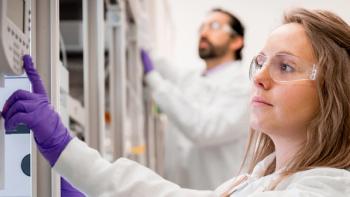
Data from migration kinetics studies can be used to develop models that predict levels of leachables and extractables at different temperatures and time points.
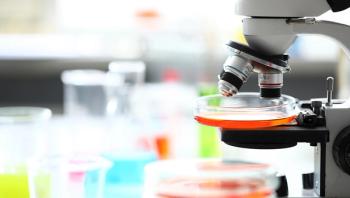
Efforts are already underway to harmonize standards and regulatory approaches for testing of raw and ancillary materials, but continuous improvement is required.

Glycoengineering is growing in importance as a technique to improve antibody therapeutic efficacy, safety, and product quality.

The European Medicines Agency has set up an infrastructure to support real-world monitoring of the efficacy and safety of COVID-19 vaccines and treatments.

Stevanato Group and Colanar have signed an agreement for lab scale fill/finish capabilities to study container closure systems at Stevanato Group’s US TEC in Boston, MA.

The European Directorate for the Quality of Medicines and Healthcare (EDQM) has published a new general chapter (2.6.32) in the European Pharmacopoeia (Ph. Eur.) supplement 10.3.
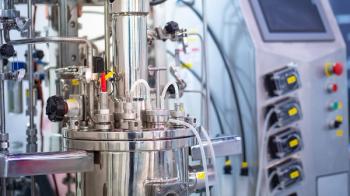
Innovative approaches, including ready-to-use materials and in-line dilution, can significantly streamline overall bioprocessing operations.
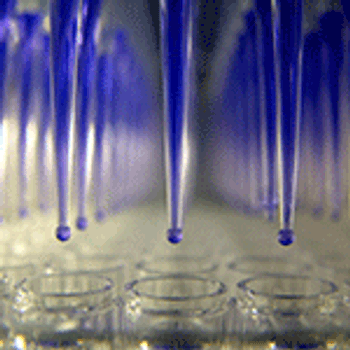
Appropriate analytical assays are needed to determine and ensure that biosimilar critical quality parameters are on track.
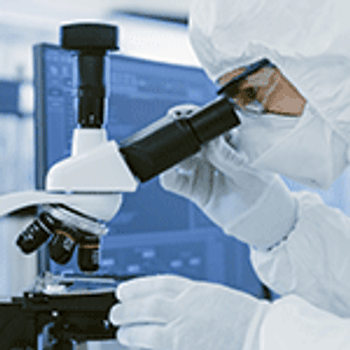
Safeguarding against microbial contamination requires rapid detection and innovative technology.

FDA can better monitor quality production of domestic versus foreign firms.

It is important to consider the feasibility, benefits, and limitations of each type of audit in advance.

The company now offers its CONFIDENCE virus clearance services to support validation of viral clearance processes.

The guidance document provides recommendations for CGMP expectations to prevent contamination of drugs and exclude sick workers from participating in drug manufacturing.

Products must be manufactured in accordance with appropriate regulatory requirements, even during a pandemic, says Susan J. Schniepp, executive vice-president of post-approval pharma and distinguished fellow, Regulatory Compliance Associates.

The complexity of biologics and the use of new technologies present challenges for complying with CGMPs.
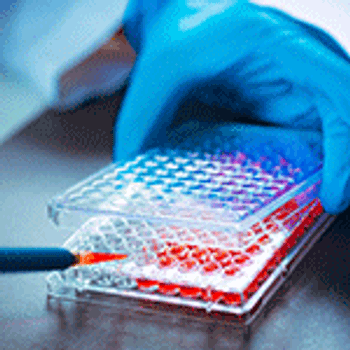
Advanced data analytics, including statistical modeling and machine learning technique, can enable more efficient and reliable bioprocesses.